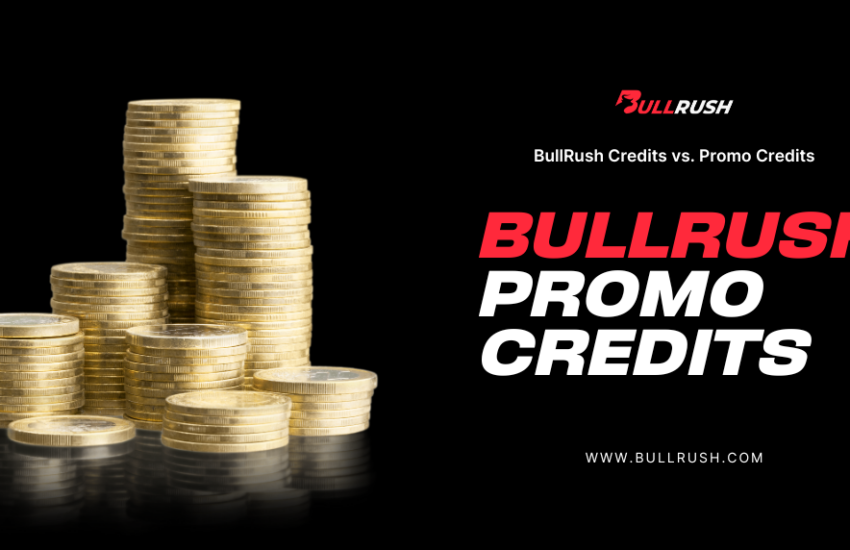Soutěže a promo zdarma
In today’s highly competitive market, promotional activities and contests play an essential role in capturing customer interest. Many brands and businesses use free competitions to attract potential customers and engage their existing audience. At the same time, these contests provide participants with the chance to win exciting prizes without having to spend a dime. In this article, we will delve into various aspects of free competitions and promotions, exploring their significance, types, and how they can benefit both businesses and consumers.
What Are Free Competitions?
Free competitions refer to contests hosted by companies where participants can enter without any financial obligation. These contests typically require individuals to complete certain tasks, such as sharing a post on social media, signing up for a newsletter, or answering questions related to the brand or product. The winners are usually selected randomly or based on the merit of their entries.
Types of Free Competitions
- Social Media Contests: Many businesses leverage platforms like Facebook, Instagram, and Twitter to host competitions. Users are often asked to like, share, or comment on a post to enter.
- Quiz Contests: Brands might create quizzes related to their products or services, where participants stand a chance to win prizes for their correct answers.
- Referral Contests: Encouraging participants to refer friends is another popular method. For each successful referral, participants earn entries into the contest.
- Photo Competitions: Participants submit photographs based on a specific theme, with the best entries winning prizes.
Benefits of Free Competitions for Businesses
- Increased Engagement: Free competitions generate buzz around a brand, encouraging more interaction with potential customers.
- Expanded Reach: By incentivizing shares on social media, contests can reach a wider audience beyond the current customer base.
- Lead Generation: Contests often require participants to provide their contact information, helping businesses grow their email lists.
- Brand Awareness: The excitement around contests can lead to increased recognition for a brand, helping it stand out in a crowded market.
How to Organize a Successful Free Competition
Organizing a free competition can be straightforward if planned effectively. Here are some steps to consider:
Setting Clear Objectives
Before launching, define what you want to achieve. Are you focusing on building an email list, increasing social media followers, or enhancing brand awareness?
Choosing the Right Prize
The prize should be appealing enough to motivate participation. A product or service related to your brand often works best, as it can also spark interest in your offerings.
Promoting Your Contest
Utilize various channels for promotion, including social media, your website, and even email newsletters. Consider partnering with influencers to widen your reach.
Engaging Participants
Encourage participation by creating engaging content related to the contest. Share updates and reminders on social media to keep the excitement alive.
Considerations When Running Free Contests
While free competitions have numerous advantages, there are also challenges to address:
Terms and Conditions
Clearly outline the rules of the competition, including eligibility requirements, entry methods, and selection processes. This transparency helps avoid misunderstandings.
Legal Compliance
Ensure that your contest complies with local laws and regulations regarding promotions and giveaways to avoid potential legal issues.
Judging and Selection Process
Decide whether the winner will be chosen randomly or based on specific criteria, and make this process clear to participants. Fairness is crucial to maintaining trust.
Understanding Customer Expectations
It’s essential to understand what participants expect from contests. Customers are increasingly looking for authentic experiences and tangible value. Providing a positive and valuable competition can enhance customer loyalty.
Case Studies: Successful Free Competitions
Many brands have successfully implemented free contests, leading to impressive results. For instance, a skincare brand once hosted a photo competition where customers shared before-and-after images of their products. The result was a significant increase in user-generated content and brand visibility.
Analyzing Contest Outcomes
After the competition ends, it’s vital to analyze the outcomes. What worked well? What could have been improved? These insights are invaluable for future contests.
Conclusion
Free competitions are a powerful tool for engaging customers and driving brand growth. By understanding the various types of contests, their benefits, and how to execute them successfully, businesses can create memorable experiences for participants. Whether you’re a small startup or a large corporation, integrating free competitions into your marketing strategy can foster customer loyalty and expand your reach. If you’re considering launching a contest, remember the tips outlined in this article to ensure a successful outcome.
For more information on similar topics, you might find these articles useful: How to Run Engaging Social Media Contests and The Importance of Brand Engagement Through Promotions.

